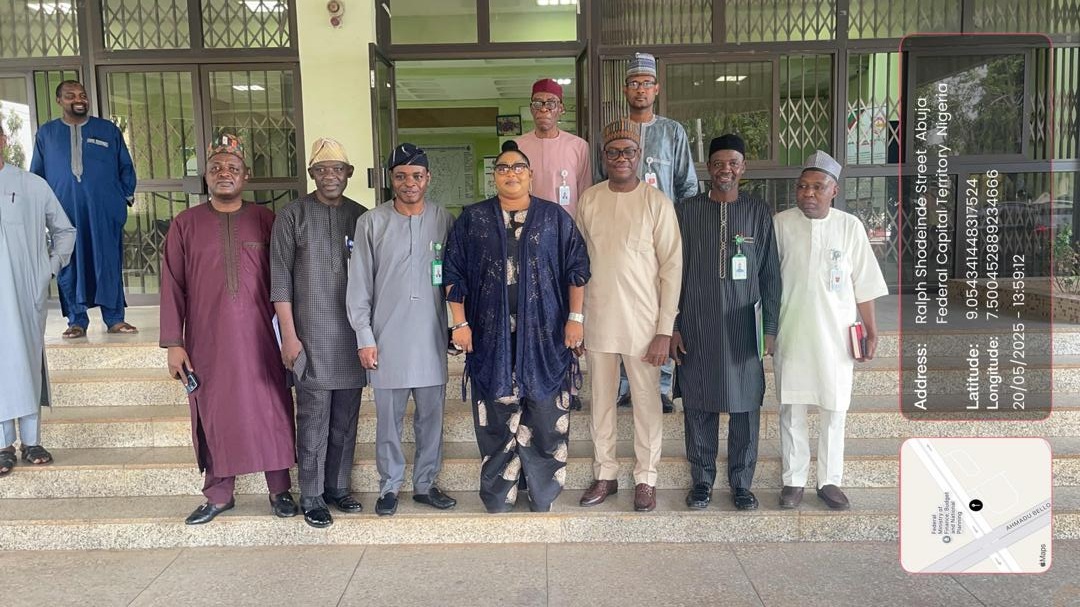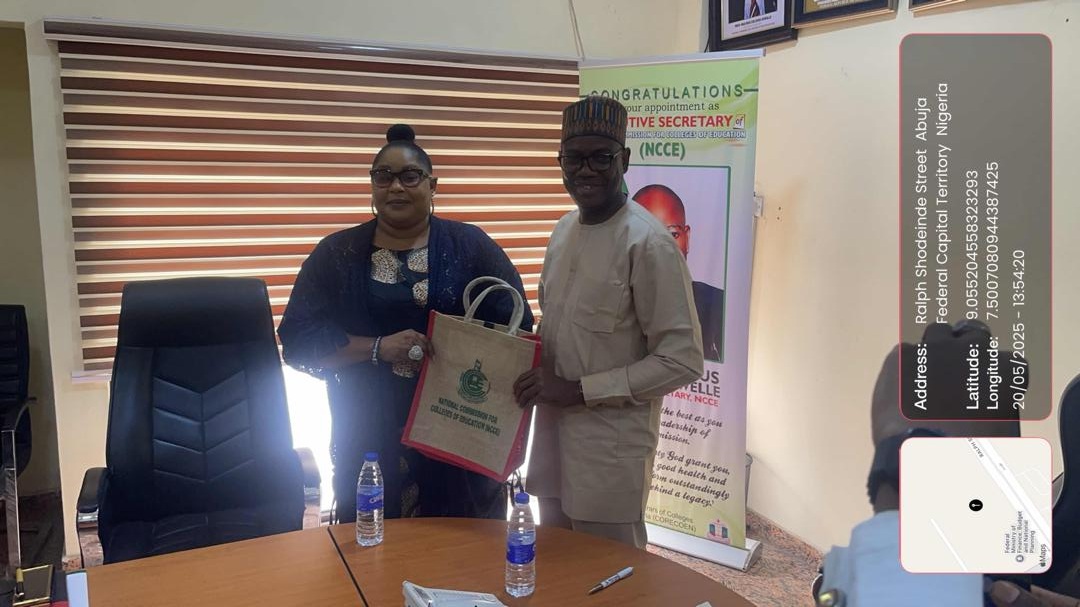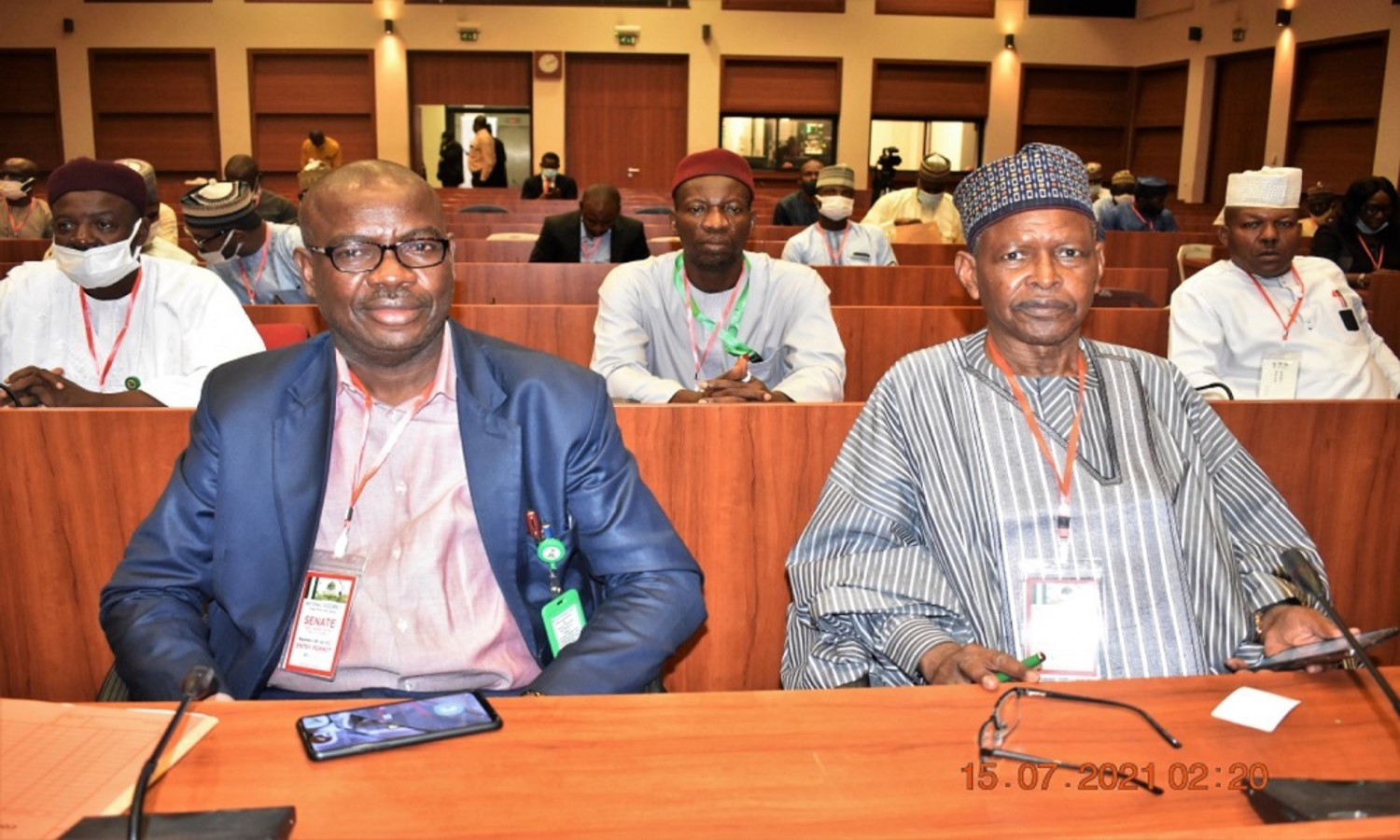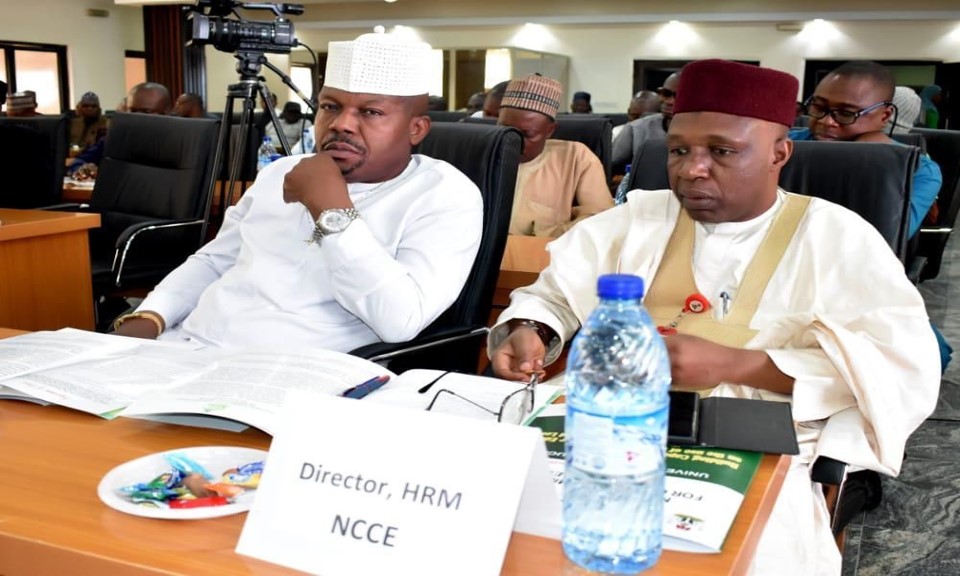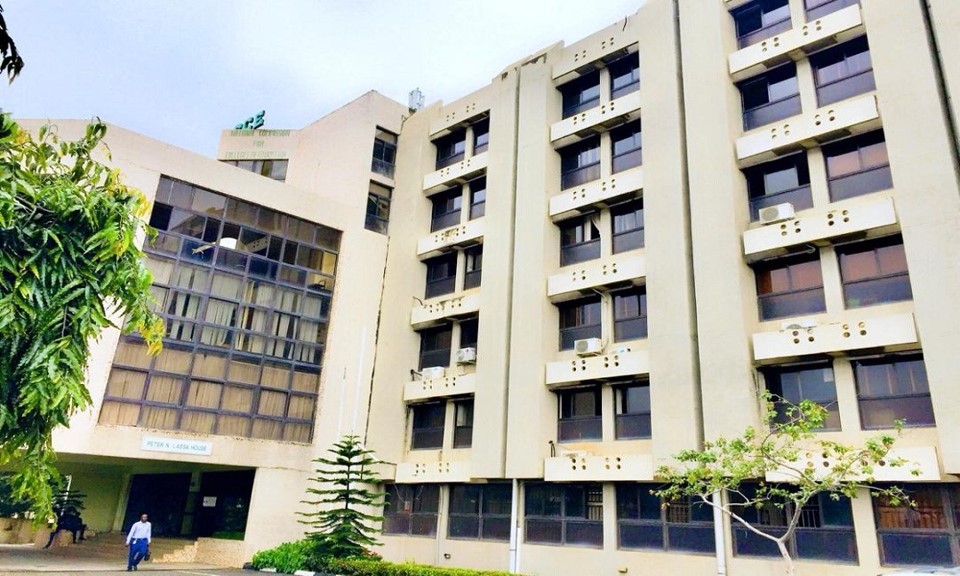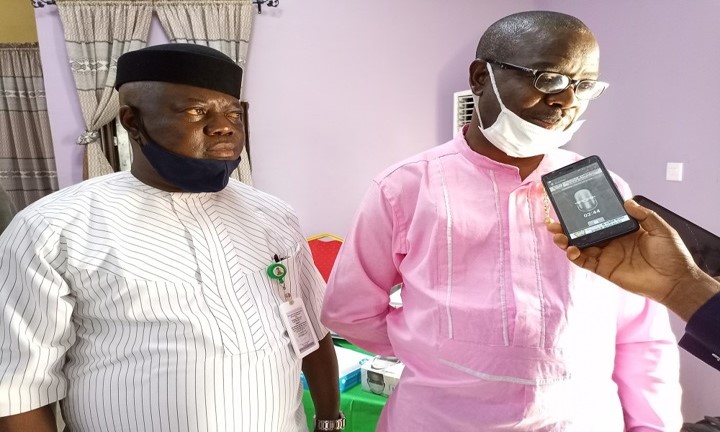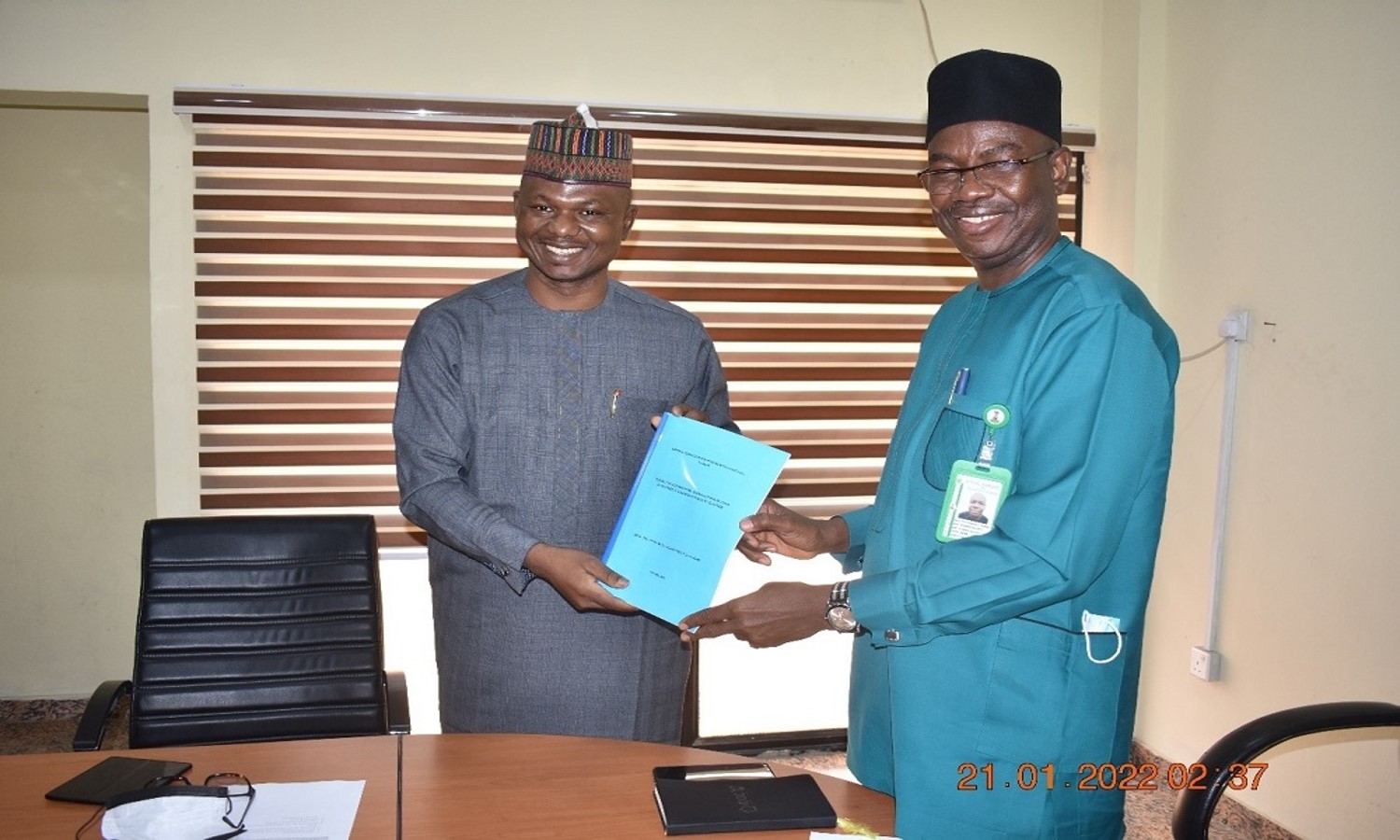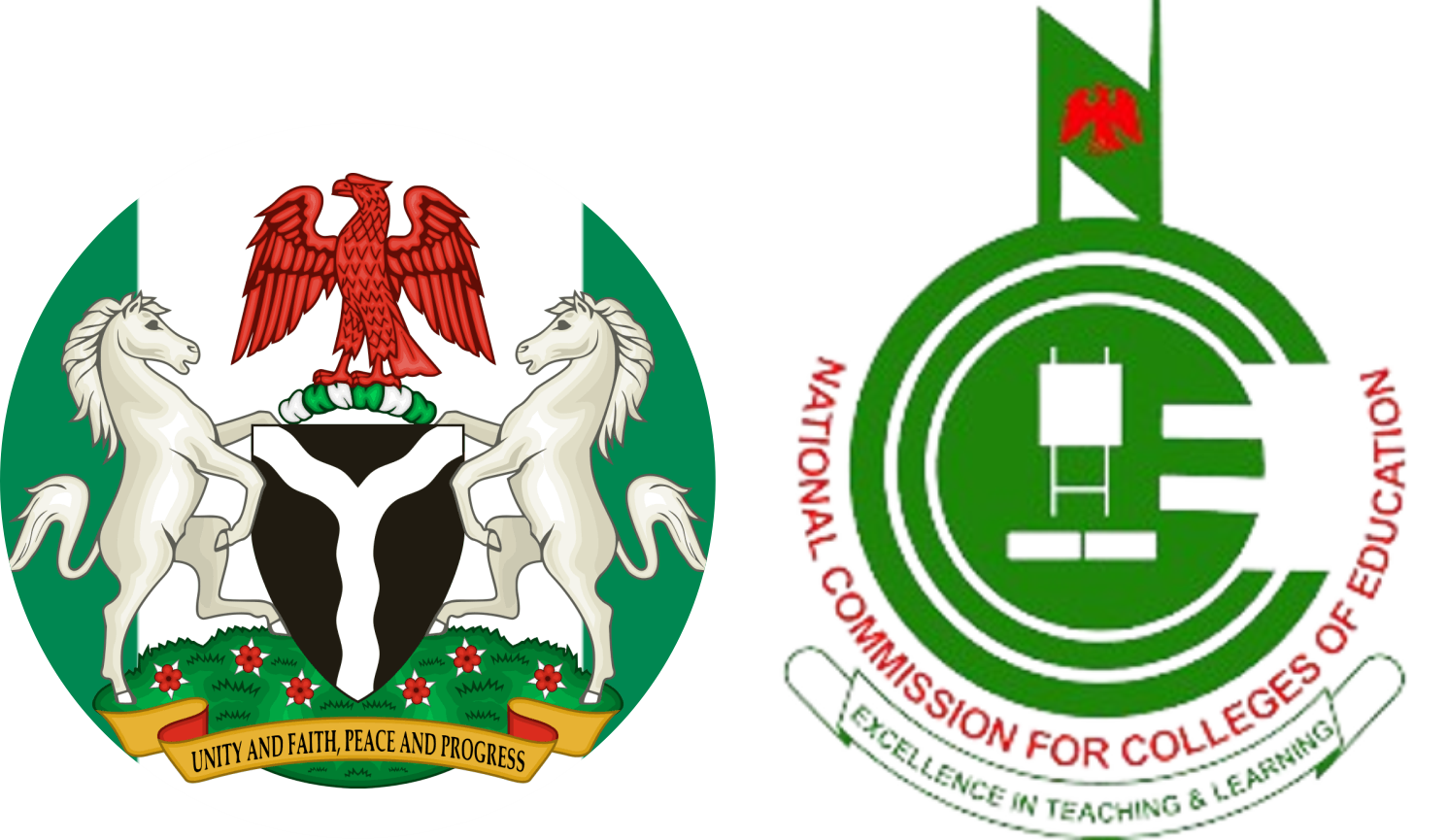Establishment Requirements
1.0 Introduction
The National Commission for Colleges of Education (NCCE) was established by Decree No.3 of April, 1989 (amended by Decree No. 12 of 1st January, 1993) as the regulatory body for non-degree teacher education in Nigeria. These guidelines provide comprehensive requirements for establishing new Colleges of Education, ensuring quality teacher training aligned with national educational policies.
The NCCE mandates that all NCE-awarding institutions comply with:
- The National Policy on Education
- The National Teacher Education Policy
- Nigeria Certificate in Education (NCE) Minimum Standards
2.0 Legal and Ownership Requirements
A proposed institution must have:
- Government-owned institutions: An enabling Act (Federal), Edict (State), or Bye-law (Local Government)
- Private institutions: Approval from both Local and State Governments
- Clear justification for establishment based on community needs
- Alignment with national educational policies and teacher education priorities
3.0 General Requirements
All prospective institutions must comply with the following:
3.1 Land and Location
- Minimum land area of 25 hectares for conventional Colleges (30 hectares for Vocational/Technical Colleges)
- Proximity to urban areas with access to municipal services (water, transportation, housing, communication)
- Salutary site with good topography and drainage
3.2 Planning and Development
- 20-25 year Master Plan for infrastructure and programme development
- Guaranteed financial support of at least ₦250 million over 5 years
3.3 Institutional Policies
- Clear policies on student/staff accommodation, welfare, training, health, and recreation
- Non-discriminatory admission policy open to all Nigerians
- Compliance with NCCE Minimum Standards for all programmes
3.4 Academic Focus Areas
Institutions must specialize in at least one of these categories:
- Nigeria Certificate in Education Minimum Standards for General Education
- Nigeria Certificate in Education Minimum Standards for Early Childhood Care and Primary Education
- Nigeria Certificate in Education Minimum Standards for Vocational and Education
- Nigeria Certificate in Education Minimum Standards for Sciences
- Nigeria Certificate in Education Minimum Standards for Arts and Social Sciences
- Nigeria Certificate in Education Minimum Standards for Languages
- Nigeria Certificate in Education Minimum Standards for Adult, Non-Formal and Special Education
4.0 Key Infrastructure Requirements
The following facilities must be in place before provisional approval:
4.1 Administrative Structures
- Administrative Building housing offices for Principal Officers (Provost, Deputy Provost, Registrar, Bursar, Librarian)
- Management Information Service Unit (MIS)
- Board Room (150-324m²) and Council Chamber (90m²)
4.2 Academic Facilities
- Seating for 25% of student population
- Minimum 3,000 volumes/titles (10 books per student)
- Reprographic and bindery facilities
- Theatre (500-1,000 capacity)
- Halls (200 capacity)
- Classrooms (50 capacity)
- Tutorial rooms (15-30 capacity)
4.3 Specialized Facilities
- Modern ICT gadgets
- Micro-Teaching Laboratory
- Production facilities for instructional materials
- Guidance and Counseling Unit (separate rooms for male/female counselors)
- Teaching Practice Unit
- Well-equipped College Clinic with pharmacy, consulting rooms, and rest beds
4.4 Support Facilities
- Sporting and recreational facilities
- Hostels for male and female students
- Quality Assurance Directorate
- Works and Maintenance Department
4.5 Municipal Services
- Electricity (national grid connection + 250KVA standby generator)
- Road network within campus
- Water supply (municipal, boreholes, wells)
- Transportation (minimum 1 school bus + 3 utility vehicles)
- Telephone (intercom and GSM)
5.0 Academic Structure and Programmes
5.1 Institutional Structure
Colleges must organize academic programmes under the following Schools structure:
Conventional Colleges
- School of Secondary Education (Arts/Social Sciences, Languages, Sciences, Vocational/Technical)
- School of Education
- School of Early Childhood Care and Primary Education
- School of Special, Adult and Non-formal Education
- School of General Studies Education
Technical Colleges
- School of Secondary Education (Vocational, Business, Technical)
- School of Education
- School of General Studies Education
- School of Early Childhood Care, Primary, Adult and Non-formal Education
- School of Special Needs Education (where applicable)
5.2 Approved NCE Programmes
Institutions must choose programmes from the following NCE Minimum Standards documents:
| Programme Category | Available Specializations |
|---|---|
| General Education | Foundational education courses |
| Early Childhood Care and Primary Education | Specialized training for early years and primary teachers |
| Arts and Social Sciences | History, Geography, Economics, Political Science, Religious Studies, etc. |
| Languages | English, French, Arabic, Nigerian Languages |
| Sciences | Physics, Chemistry, Biology, Mathematics, Computer Education |
| Vocational and Technical Education | Agricultural, Home Economics, Business, Fine/Applied Arts, Technical |
| Adult, Non-Formal and Special Education | Special needs education, adult literacy programmes |
6.0 Personnel Requirements
6.1 Chief Executive (Provost)
- Minimum qualification: Master's degree in education
- Teaching qualification (NCE/PGDE/TTC/B.A.Ed/B.Ed)
- Doctorate degree preferred
6.2 Academic Staff
- Minimum 5 lecturers for single major subjects, 8 for double major
- Staff:student ratio of 1:25 must be maintained
- Minimum qualification: Good first degree in relevant discipline with teaching qualification
- All teaching staff must be registered with Teachers Registration Council of Nigeria (TRCN)
- Heads of Department must be at least Senior Lecturers in their specialization
6.3 Administrative and Support Staff
- Adequate complement of non-teaching staff (15% of student population)
- Technical staff for specialized departments (labs, workshops, etc.)
7.0 Directorate Structure
All Colleges must establish the following Directorates headed by Chief Lecturers:
- Directorate of Teaching Professionalism and Mentoring
- Directorate of Academic Planning
- Directorate of Quality Assurance
- Directorate of Consultancy Services
- Directorate of Education Support Services
- Directorate of Management and Information System
- Directorate of Skill Development and Linkages
- Directorate of Continuing Education
8.0 Establishment Procedure
- Submit official application to Honourable Minister, Federal Ministry of Education through NCCE Executive Secretary
- Pay non-refundable application fee of ₦5,000,000.00
- NCCE will conduct resource inspection visit 4 months before proposed take-off
- Provisional approval may be granted after successful inspection
- Final approval granted after addressing all observations from resource visit
9.0 Space and Facility Specifications
9.1 Administrative Offices
| Office | Minimum Size (m²) |
|---|---|
| Provost Office | 40 |
| Deputy Provost Office | 35 |
| Registrar Office | 35 |
| Directors' Offices | 25 |
| Chief Lecturers' Offices | 25 |
| Heads of Department | 20 |
9.2 Academic Facilities
| Facility | Specifications |
|---|---|
| Lecture Theatres | 500-1,000 capacity with PA system |
| Lecture Halls | 200 capacity |
| Classrooms | 50 capacity |
| Tutorial Rooms | 15-30 capacity |
| Micro-Teaching Lab | 144m² |
| Language Lab | 90m² with 40 cubicles |
| Science Labs | 144m² (30 student capacity) |
| Computer Lab | 144m² (40 student capacity) |
10.0 Library Specifications
| College Population | Library Size (m²) | Reading Capacity | Minimum Volumes |
|---|---|---|---|
| 500 | 300 | 125 | 10,000 |
| 1,000 | 600 | 250 | 15,000 |
| 2,500 | 1,200 | 625 | 20,000 |
Required Library Sections:
- Acquisition and processing room
- Reference and Bibliographic room
- Reading room
- Library staff offices
- Circulation area
- Reserved reading room
- Audio-visual/maintenance room
- Reprographic room
- Stock room
11.0 Conclusion
These guidelines represent the minimum standards for establishing new Colleges of Education in Nigeria. Prospective proprietors are advised to consult the full NCE Minimum Standards documents and the NCCE Curriculum Implementation Framework for detailed programme requirements.
All applications and inquiries should be directed to:
National Commission for Colleges of Education (NCCE)
Plot 829 Cadastral Zone A01, Ralph Shodeinde Street,
Opposite Akwa Ibom House, Off Ahmadu Bello Way,
P.M.B. 0394, Garki, Abuja Nigeria
+2347078535623
Send Email to info@ncce.gov.ng

